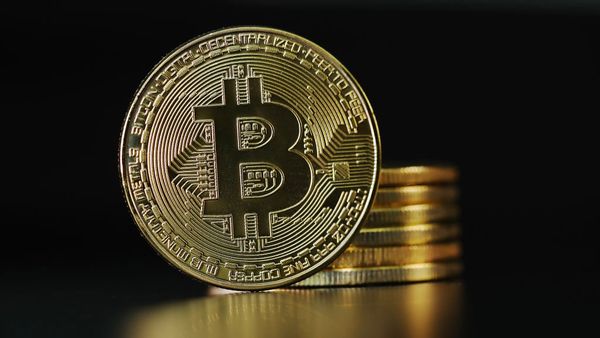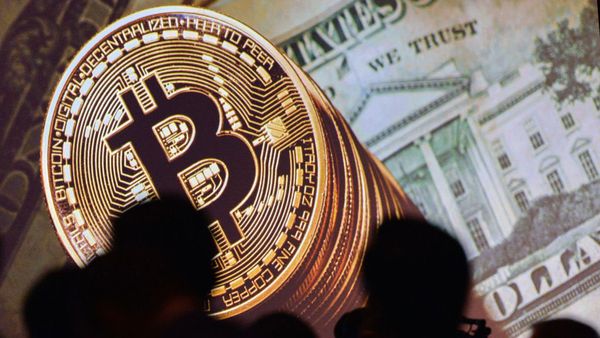
Bitcoin has emerged as the poster child for cryptocurrencies — "invisible" digital money that users send via the internet. In part one of this special two part podcast, Stuff They Don't Want You To Know hosts Ben Bowlin, Matt Frederick and Noel Brown invited fellow HowStuffWorks podcaster, Jonathan Strickland to help explain how bitcoin works. But not only that, they talked about why its price skyrocketed from less than $1,000 in early 2017 to more than $10,000 by early December that year, and again soared after a Senate Banking Committee hearing in February 2018, helping legitimize bitcoin even more.
But what they didn't go into is the dark side of this new digital currency. That's the focus of part two of the podcast. Ben, Matt and Noel sit down again with Jonathan, who helps dissect the conspiracy theories and shady practices surrounding bitcoin and other cryptocurrencies in Cryptocurrency Conspiracies, Part Two.
Advertisement
Bitcoin gained a reputation early on as being the currency of choice for weapons and drug dealers on the dark web, with market websites like Silk Road adopting the currency almost immediately. However, criminals seem to be turning away from bitcoin for things like laundering money and buying illegal goods, because transaction information is transparent to anyone on the bitcoin network — and because law enforcement has begun using software tools to monitor the dealings. But plenty of other cryptocurrencies — known as "zero-proof" currencies — have popped up in its place that don't record transactional details, giving criminals another option to work with.
This means these zero-proof cryptocurrencies could potentially be used for even more unsavory practices, like financing terrorist actions, human trafficking or government black ops. Some think Russia is using cryptocurrency to get around sanctions and to finance hacking and other disruptive actions.
That's where the conspiracies begin. Government involvement and misuse is a big concern in the cryptocurrency community. Some speculate that the National Security Administration or even the CIA actually created bitcoin to get average citizens to trust this new form of money. Then the U.S. government could create a one-world currency system that would allow it to track all purchases and impose inflation and interest rates on a whim.
It is true that the identity of the person who invented bitcoin is a source of speculation. Nobody knows the real person behind the pseudonym Satoshi Nakamoto, the individual who published the white paper detailing bitcoin's design. Everyone from Elon Musk to 64-year-old Dorian S. Nakamoto of California has been suspected of being the Satoshi Nakamoto.
Others think bitcoin and cryptocurrency is more likely the work of computer programmers, perhaps United States cryptographers working under government orders. They think they kno best how to mine dogecoin with their large search and tech-savviness. But the conspiracies don't stop there. Some believe the blockchain technology responsible for bitcoin was actually created by artificial intelligence or even aliens, or that it's even a sign of the Mark of the Beast and therefore signifies the end of times.
Some of these theories are hard to quash because plenty of verifiable stories — namely those alleging theft, laundering and insider trading — plague cryptocurrencies. But what do Ben, Noel, Matt, and Jonathan think about the other wild ideas surrounding bitcoin and other cryptocurrencies? Do they think AI, aliens or even the Antichrist are behind this digital money? You'll have to listen to all of part two of the podcast to hear their thoughts and let them guide you through the silly — and the scary — twists and turns that are cryptocurrency.
Advertisement


